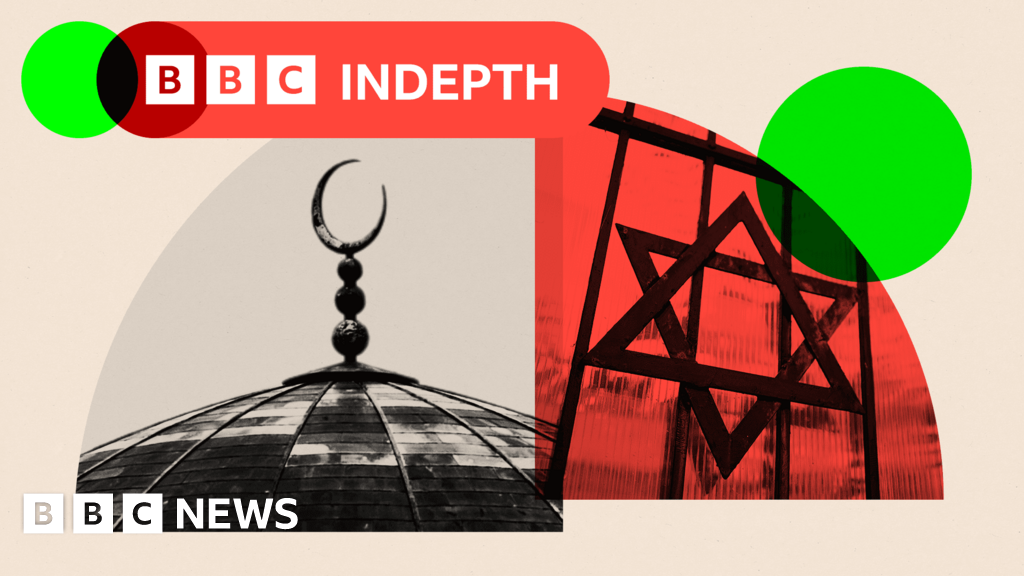Besides, Mr Rahman was on the other side, having been an admirer of Mr Corbyn since the days when he stopped the war before the UK-backed invasion of Iraq in 2003. Alarm bells started ringing that party leaders were not protecting the values he believed in.
Mr Rahman does not see the party’s anti-Muslim slant as limited to its response to events in Gaza. He does not question that there are cases against extreme bigotry, but does not believe that all allegations of racism are treated equally.
“There is a clear hierarchy of racism in the Labor Party. Some instances of racism, including Islamophobia, are not taken as seriously as they are,” he says.
Mr Rahman cited the case of Trevor Phillips, the former chair of the EHRC, who was suspended for alleged Islamophobia.
Mr Phillips had said British Muslims were “a nation within a nation” and that their views had previously been “a bit off the center of gravity of everyone else”, but he later suggested this was not necessarily a criticism.
Mr Phillips was reinstated into the party in 2021 without going through a panel hearing.
Mr Rahman, like many other Muslims, points to Keir Starmer’s own comments, such as his talk on the Sun livestream during the election campaign, about migrants being sent back to their countries of origin.
“At this time, people from countries like Bangladesh are not being removed because they are not being processed,” the labor leader said.
“Can you imagine Labor saying that about any other race? Are you saying you’re going to deport people to Israel or Ukraine or Hong Kong? That will not happen and should not happen,” says Mr Rahman.
His displeasure with Labour’s response, along with wider concerns about its treatment of Muslims, make him a scathing indictment of the party.
“I don’t doubt for a minute that Labor is now institutionally Islamophobic,” says Mr Rahman.
Mr Rahman wants to use his voice to expose hypocrisy in the party while in power, hoping it will learn what he says in this election – no voter can be taken for granted.
Mr Rahman once gave up his membership of the Labor Party in protest at Tony Blair’s role in the Iraq war.
He and other Muslims were forced to return to the party in 2014 when then-leader Ed Miliband condemned the scale of Israeli operations in Gaza and the deaths of hundreds of civilians.
Again, at the same moment, Mr Langleben saw things very differently at the doorstep of the Jewish electorate.
Despite Miliband being Jewish, it was a time when polls showed a rapid decline in Jewish support for Labour, particularly when the party’s 2015 election manifesto talked about a parliamentary vote on recognizing a Palestinian state.
“There were sometimes very terrible conversations with Jewish voters who really cared about the issue of Israel,” says Mr Langleben.
“In 2015 people accused Labor of being anti-Semitic, but I think that fundamentally misread what anti-Semitism is. Then, it’s primarily a foreign policy issue, about Israel. By 2019, it’s about a particular strain of far-left anti-Semitism. That changed when there were conversations,” says Mr Langleben.
For some supporters of Corbyn’s leadership, the feeling that criticism of Israel is being linked to anti-Semitism is something they felt when he was leader.

